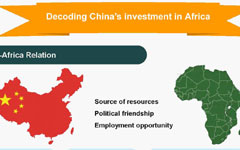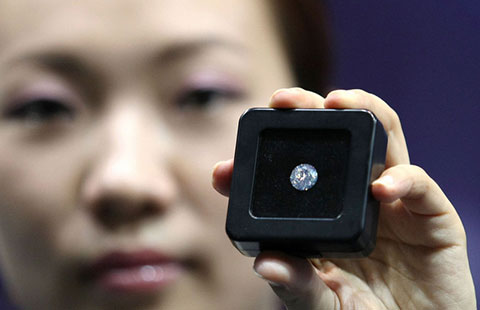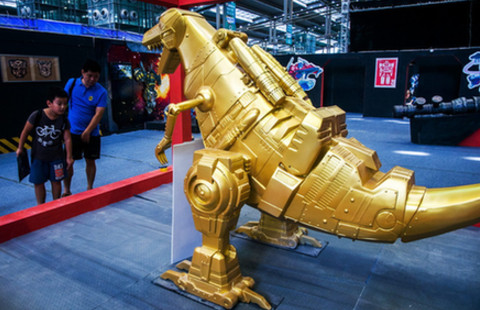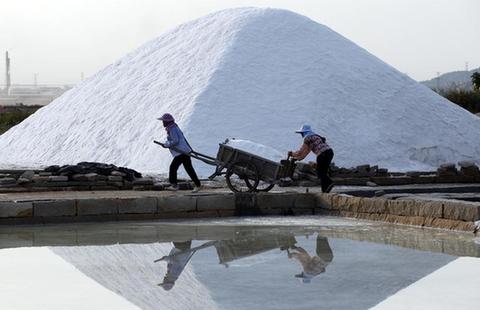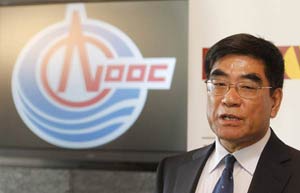Terminal opens doors for Chinese company
By Li Lianxing in Lagos (China Daily) Updated: 2014-07-21 07:15
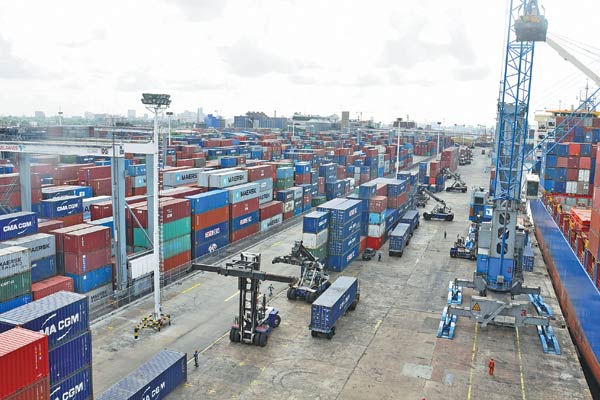 |
|
Tin-can Island Container Terminal's presence in Nigeria has given the nation the chance to work with partners from other countries, which in turn helps its growth. CHINA DAILY |
For many Chinese companies going to Africa, diving in at the deep end is the hardest thing to do. Unlike many of their Western counterparts in Africa with longer experience in operating outside their home countries, going to Africa is the first foreign foray for many Chinese companies.
But as challenging as that can be, the experience can offer tremendous dividends to those willing to take the plunge. Such is the case with Tin-can Island Container Terminal, whose presence in Africa has handed it the chance to work with partners from other countries, which in turn is helping it grow in Africa.
The company is a subsidiary of China Merchants Holdings (International) Co Ltd based in Hong Kong and listed on the stock exchange there in 1992. It now runs a container terminal in Lagos, the busiest port in West Africa. Its partners are the French industrial and investment holding company Bollore and a Nigerian container terminal company.
The world economy was doing poorly at the time and ZIM wanted to limit itself to shipping, so Tin-can Island Container Terminal took the opportunity to establish the group's first overseas company.
"More importantly, we spotted a business chance because Bollore has a solid network of operations throughout Africa," Shi says. "We figured that if we forged a partnership with them it would be highly beneficial to our business in Africa."
Tin-can Island Container Terminal now owns and operates Terminal B of the Tin-can Island port in Lagos. The terminal has a shore frontage of 770 meters and a container holding area of 240,000 square meters. It has three berths with an operating capacity of 360,000 standard containers.
China Merchants Holdings' first international collaboration was in 1993.
"We have a strong, talented team with international management skills and experience in a multicultural working environment," Zhi says. "More than 98.5 percent of Tin-can Island Container Terminal's staff are Nigerian, and the only foreigners in the company are three Chinese, one French, one Belgian, one Israeli and one Indian.
"We came here to make the most of our strengths, which can be deployed in a range of conditions from easy to very difficult. We feel comfortable working with our partners to lift the productivity at the terminal, and training local staff."
A Chinese company with these kinds of credentials is apt to be highly professional and adaptable, and Tin-can Island Container Terminal's performance over the past four years has proven that it has what it takes, Shi says.
- China Unicom's mobile subscribers grow 0.6% in June
- China's June forex purchase likely to rebound
- Waning lock-up shares eligible for trade
- Meat supplier of McDonald's, KFC suspended
- A land of rich pickings
- China Development Bank opens office in Venezuela
- Urumqi boasts first marsh gas power plant
- Villagers turn to smartphones, blogs to promote harvest
